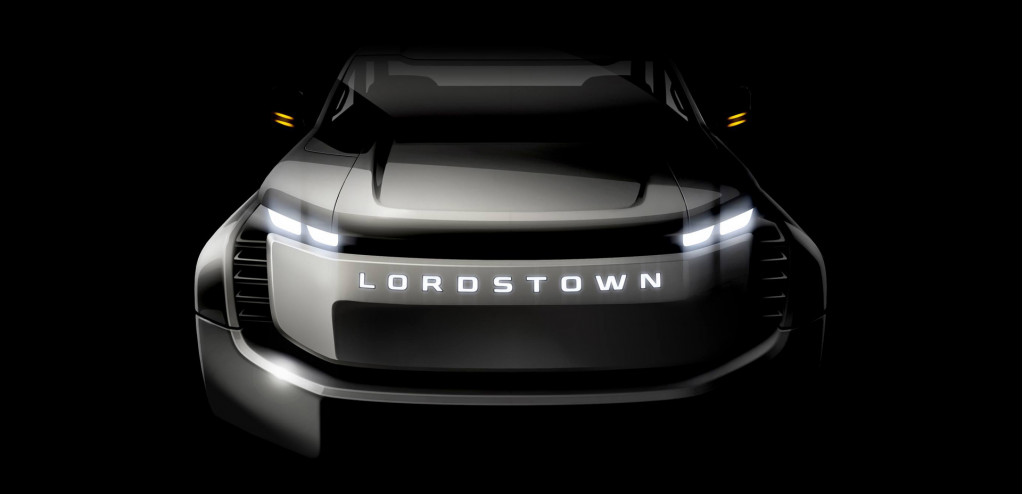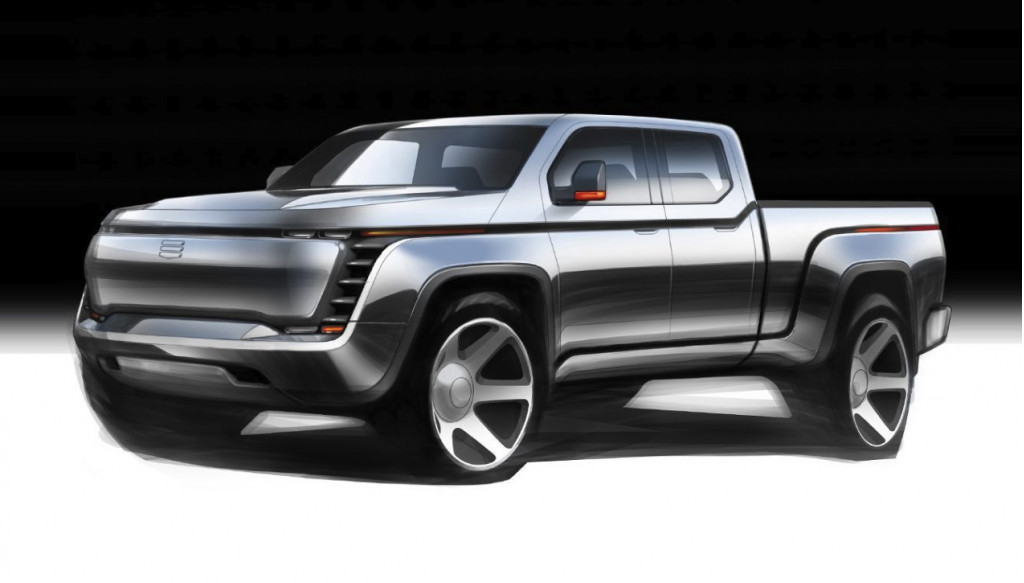As part of a budget summary for fiscal year 2021 submitted Monday, the Trump administration seeks to eliminate the Advanced Technology Vehicle Manufacturing Loan Program.
The future of the program, called ATVM within the auto industry, could potentially affect the viability of Lordstown Motors, the venture aiming to make electric pickups in GM’s former Lordstown, Ohio, facility.
The ATVM loan program has existed since 2008, under the George W. Bush administration, and Tesla is among the companies that has been a recipient; Tesla later fully repaid its loan.
Lordstown reported on January 28 that it was "in discussions with government leaders" about the ATVM loan option. According to Reuters, there are more than seven months left of the current budget year, and the program has more than $9 billion available for loans—so the $200 million loan that Lordstown Motors has considered applying for (in addition to the $40 million loan it’s getting from GM) might still be available.

Teaser for 2021 Lordstown Endurance
The company, however, insists that its existence is not dependent on the loan. It said in an official statement Monday: "Lordstown Motors has not applied for the ATVM loan. We are continuing conversations with government leaders as we explore our options, but we see it as one of our many options to consider. We will factor this new information into our decision making process, but our business model stands on its own without it."
The President’s budget proposal calls the loans out as an example of “costly, wasteful, or duplicative programs,” and says that the private sector has the primary role in taking such risks. Instead, the budget seeks more spending in “Industries of the Future” (especially AI) and “Energy Independence.” It also proposes increasing spending on infrastructure by a combined $25 billion, while it cuts Amtrak funding in half and EPA funding by 26% and proposes an 8.1% cut in Department of Energy spending.
Separately, Trump still seeks to repeal the federal EV tax credit, as well as the energy investment credit, which supports the growth of solar energy, and the credit for residential energy efficient property. In December, when EV tax credit reform had what looked like a very good chance of happening—as part of a bill with bipartisan support—it failed to make the final spending bill due to reported resistance from the White House.

Lordstown Motors Endurance
The two Trump proposals could add up to a double whammy against Lordstown Motors, as its range-extended electric trucks would likely be eligible for the full $7,500 federal EV tax credit.
Trump has been quite consistent in his criticism of electric vehicles. "All-electric is not going to work," he said to Fox News in December 2018, in response to the company’s stated goal of “an all-electric future.”
However one more glamorous budget item that could significantly cut CO2 over the long run is the proposal: to spend more federal money on “hybrid-electric jet engine systems that could power future passenger airliners.”













